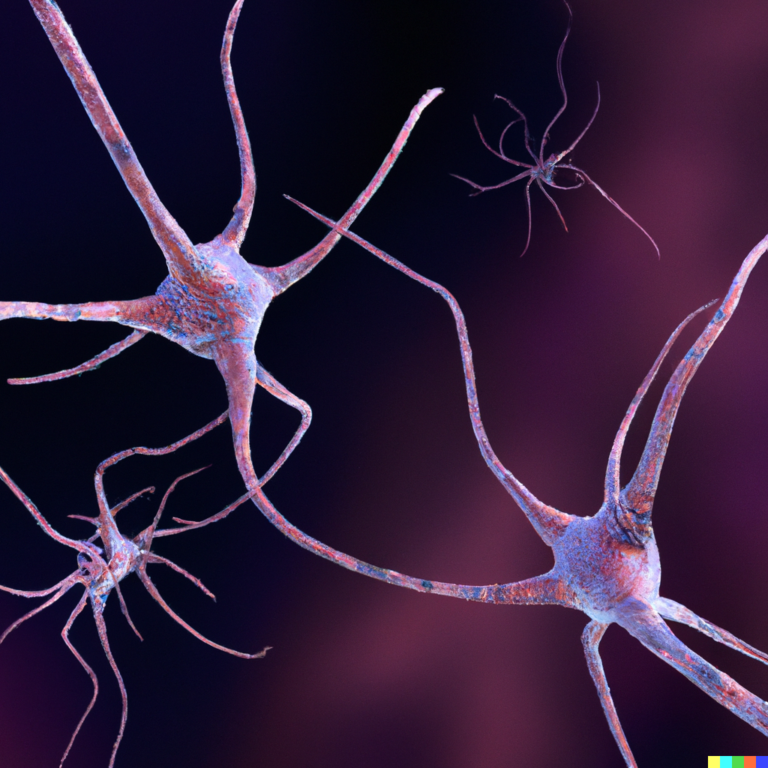**The Role of Exosomes in Neural Communication**
In the complex world of the brain, tiny particles called exosomes play a crucial role in how different brain cells talk to each other. These tiny messengers help guide the growth of nerve cells, repair damaged nerves, and even help diagnose certain brain diseases.
### What Are Exosomes?
Exosomes are small, bubble-like structures that cells release into the fluid around them. They carry important information from one cell to another, kind of like how a letter carrier delivers mail between houses. Inside these bubbles, there are proteins, lipids, and even tiny pieces of genetic material called RNA.
### How Do Exosomes Help Nerve Cells?
1. **Guiding Nerve Growth**: Exosomes help guide the growth of nerve cells, or axons, to their correct destinations. This is especially important during the development of the brain, where nerve cells need to connect with each other to form functional circuits. If these connections are faulty, it can lead to problems like autism or schizophrenia.
2. **Repairing Damaged Nerves**: When nerves are injured, exosomes can help repair them. They carry signals that tell other cells how to fix the damage and rebuild the nerve connections.
3. **Regulating Cell Behavior**: Exosomes also help regulate how different types of brain cells behave. For example, they can tell glial cells (which support and protect nerve cells) to do their job properly.
### Exosomes in Brain Diseases
Exosomes are not just important for healthy brain function; they also play a role in brain diseases.
1. **Alzheimer’s Disease**: In Alzheimer’s, exosomes can carry pieces of the protein amyloid beta, which is a hallmark of the disease. This helps researchers understand how the disease progresses and might even lead to new diagnostic tools.
2. **Parkinson’s Disease**: Exosomes in Parkinson’s disease carry signals that affect the movement of neurons, which is crucial for understanding the disease’s progression.
3. **Brain Cancer**: Exosomes from brain cancer cells can help the cancer spread by sending signals to other cells. Researchers are studying how these signals work to find new ways to treat brain cancer.
### Conclusion
Exosomes are tiny but mighty players in the complex world of neural communication. They help guide nerve growth, repair damaged nerves, and even play a role in diagnosing and treating brain diseases. As research continues to uncover more about exosomes, we may find new ways to treat or even prevent some of the most challenging brain disorders.
In summary, exosomes are essential for the proper functioning of the brain, and understanding their role can lead to significant advancements in neuroscience and medicine.





